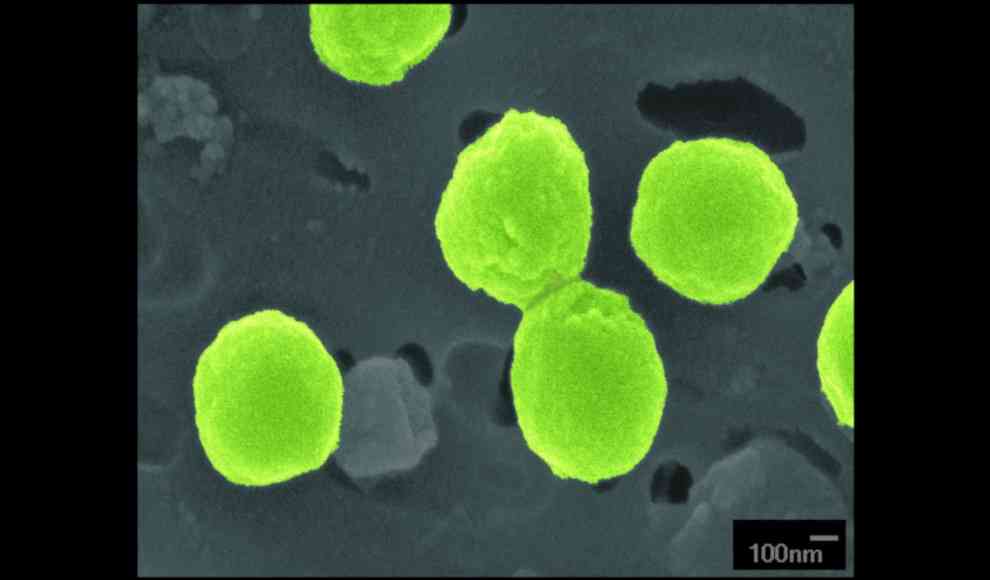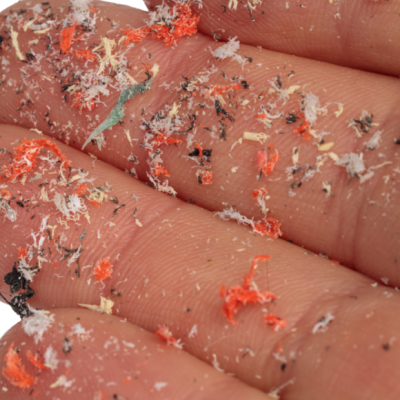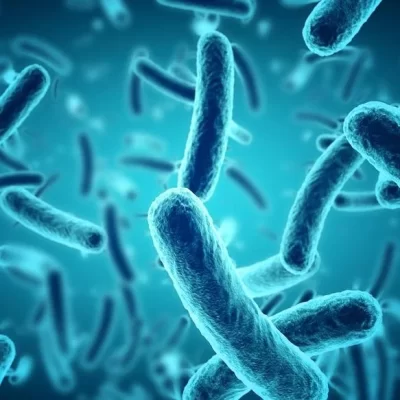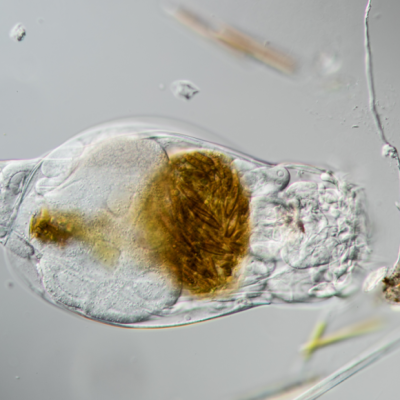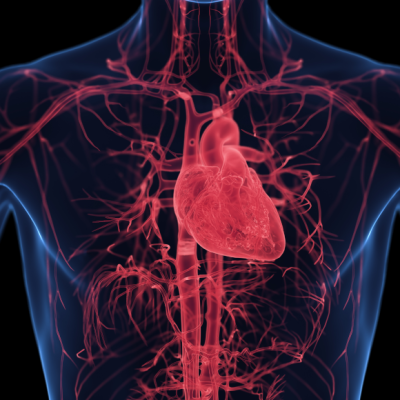The increasing pollution of the oceans by plastic not only has negative consequences for fish and humans through the food chain, but also hinders the growth and photosynthesis performance of Prochlorococcus bacteria, which produce ten percent of global oxygen. Scientists at Macquarie University in Australia have discovered that substances released from plastics also harm Prochlorococcus bacteria. These tiny marine organisms are essential for humans as they form one of the foundations of the food chain and perform photosynthesis. They are responsible for about ten percent of the global production of oxygen and are the most common photosynthetic organisms on the planet.
To investigate the effects of plastic pollution on the bacteria, the Australian scientists exposed two Prochlorococcus strains from different depths of the ocean to substances released from common plastics such as polyethylene and PVC in the laboratory. The exact composition of the organic substance mixture has not yet been determined. The experiment showed that after a short contact with the substance solution, the growth and photosynthesis performance of the microbes decreased significantly. The scientists attribute the low oxygen production to a change in gene activity of the Prochlorococcus bacteria caused by the plastic components dissolved in the substance.
Co-author of the study, Sasha Tetu, explains that “the data thus fundamentally show that plastic pollution can have far-reaching effects on the ecosystem that go beyond the known effects.” Further investigations will now show whether the same effects occur in the natural habitat of the bacteria as in the laboratory experiment. If plastic pollution of the oceans continues at the same pace, estimates suggest that by 2050 there will be more plastic than fish in the oceans. It is therefore of great importance to research the effects of plastic and the substances released from it on important but previously neglected organisms, including photosynthetic Prochlorococcus bacteria.


